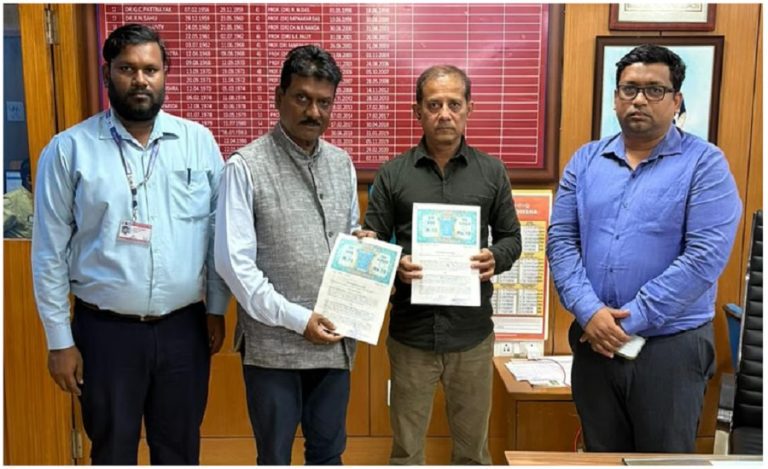A recent five-day training session at Lal Bahadur Shastri National Academy of Administration (LBSNAA), Mussoorie, highlighted several key challenges and debates surrounding India’s new criminal laws set to come into effect on July 1.
Titled ‘Capacity Building and Sensitization Programme on the new Criminal Law Reforms’, the seminar gathered approximately 45 officers from various sectors including the Indian Administrative Service, Indian Police Services, National Crime Record Bureau, State Crime Record Bureau, and prosecution and forensic departments from across the country.
Participants discussed critical issues such as the potential misuse of sensitive biometric data under the Bharatiya Nagarik Suraksha Sanhita (BNSS), and the dualism in bail provisions between the new laws and existing legislation like the Unlawful Activities (Prevention) Act, 1967 (UAPA).
Moreover, concerns were raised regarding the absence of the term “transgender” in the definition of rape under the new Bharatiya Nyaya Sanhita (BNS), and the inclusion of terrorism-related provisions despite the UAPA already covering such offenses.
Technological reforms were also a focal point, with emphasis on the reliance on digital evidence such as videography and audio recordings for search and seizure procedures. However, challenges remain regarding the secure storage and prevention of misuse of biometric data collected under the BNSS.
A contentious provision allowing ‘trial in absentia’ under the BNSS was also scrutinized for its potential for misuse.
While the new laws aim to adopt a victim-centric approach and enhance witness protection, concerns persist about the rushed implementation and the need for digital literacy among stakeholders within the criminal justice system.
Participants agreed that while the new laws bring positive changes, addressing these challenges effectively will be crucial for their successful implementation and impact.




























